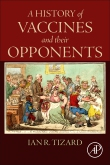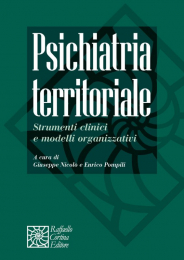Non ci sono recensioni
DA SCONTARE
|
The coronavirus pandemic that began in 2019 brought to the fore the presence of a significant minority of individuals who strongly oppose vaccination. This opposition is by no means recent. Ever since the very first attempts to immunize individuals, opposition has been intense in some societies. The reasons for this opposition range from religious to political to medical. Although vaccines have eliminated smallpox and largely eliminated polio and measles, opposition to vaccination persists and, in some countries, has grown stronger. |
| Features: |
|
1. How vaccines work
2. Medical science at the beginning of the 18th century
3. Variolation: the early years in Britain and Europe
4. Variolation in New England
5. Variolation and American independence
6. The introduction of vaccination in Britain and Europe
7. The introduction of vaccination to America
8. Making vaccination compulsory in Britain and Europe
9. Vaccine mandates in the United States
10. Anti-inoculation and anti-vaccination riots
11. The Supreme Court weighs in
12. The rise of anti-vaccine societies in Britain
13. Anti-vaccination movements in the United States and Canada
14. Medical liberty and vaccination
15. Developments and dead ends in immunology
16. Antibacterial vaccines and their opponents
17. Polio vaccines and their opponents
18. Measles, mumps, and rubella: three contentious virus diseases
19. Safety and sexual promiscuity: hepatitis B, human papilloma virus, and influenza vaccines
20. COVID-19: politics and disinformation
21. Religious objections to vaccination
22. Rational hesitancy: situations where hesitancy is and was appropriate




